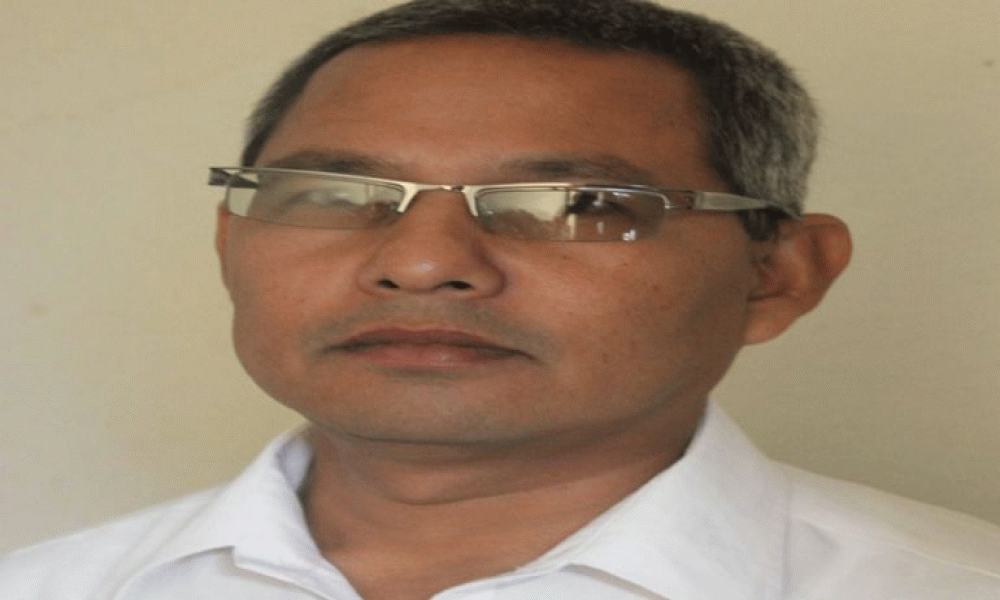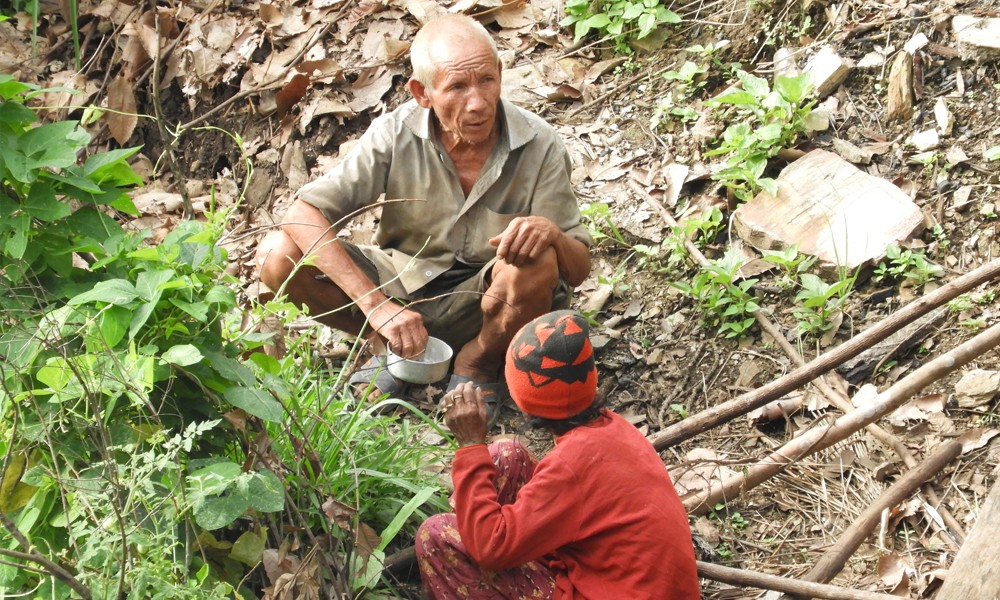Gopal Dahit
senior leader
Tharuhat Tarai Party Nepal
The new constitution envisions commissions for Adivasi Janajatis, Madhesis, Mulims and Tharus. How hopeful are you about these commissions?
The article 162, 63 and 64 of the new constitution envisions commissions for Adivasi Janajatis, indigenous Tharus, Madhesis and Muslims. But this is not a big achievement. The past constitutions and laws also had provisions about these commissions. Ensuring such commissions is important, but what is even more important is to make them work. I am not hopeful because the new constitution just has provisions about these commissions, but does not outline their roles, responsibility and power. The constitution outlines details about Dalit and women commission, but fails to do so with regard to Tharus, Janajatis, Madhesis and Muslims. This is unjust and discriminatory.
And, the constitution has provisions to change these commissions after 10 years. It has added to our speculation that these commissions will not be powerful enough to safeguard our rights and uplift our socio-economic status. These commissions will not be formed until Federal Commission is set up. And by the time Federal Commission is set up, commissions offered to us will probably lapse. So there is enough room for doubt.
the constitution has provisions to change these commissions after 10 years. It has added to our speculation that these commissions will not be powerful enough to safeguard our rights and uplift our socio-economic status
But you were among the ones who demanded these commissions. Now the constitution has ensured them, how can you speak otherwise?
Yes, I was one of them. We wanted Janajati, Tharu, Muslim and Madhesi commissions guaranteed in the new constitution. But we did not demand toothless commissions. We want independent commissions with more power and resources. Just to fool the outside world that they have given rights to the marginalized people, the big parties offered these toothless commissions.
There was one commission for Adivasi Janajatis and Tharus previously. But now Tharus have been separated from Adivasi Janajatis and given an independent commission. Does it mean that Tharus are no longer an indigenous group?
We want independent commissions with more power and resources. Just to fool the outside world that they have given rights to the marginalized people, the big parties offered these toothless commissions.
Certainly not. No constitutional provision, law or commission can rob Tharus of their identity as indigenous people. Tharus have been recognized as Nepal's 59 indigenous nationalities, and nothing can take that away from us. We wanted independent commission and identity for Tharus because we were always seen as Madhesis. Although we live in Madhes, we are not Madhesis. We are Tharus, and we have our own distinct identity and culture. In the past, the government agreed in writing to acknowledge us as a distinct indigenous community. An independent commission for us is the result of that agreement.
And we were seeking a line between us and Adivasi Janajatis because resources allocated for indigenous nationalities were grabbed by dominant groups like Newar, Thakali or Gurung. Despite constituting seven per cent of Nepal's population, we did not get our dues. That was why we had to fight our own battle for proportional representation.
the Nepali state has always tried to play the game of divide and rule. And the media is their propaganda tool.
Tharus are distinct from Madhesis and they have their own agendas. But Tharus and Madhesis are now on the same ground. Why is it so?
We have our agendas but we support the Madhesi cause. The constitution has discriminated against both of us. That is why we are together. But the Nepali state has always tried to play the game of divide and rule. And the media is their propaganda tool.









